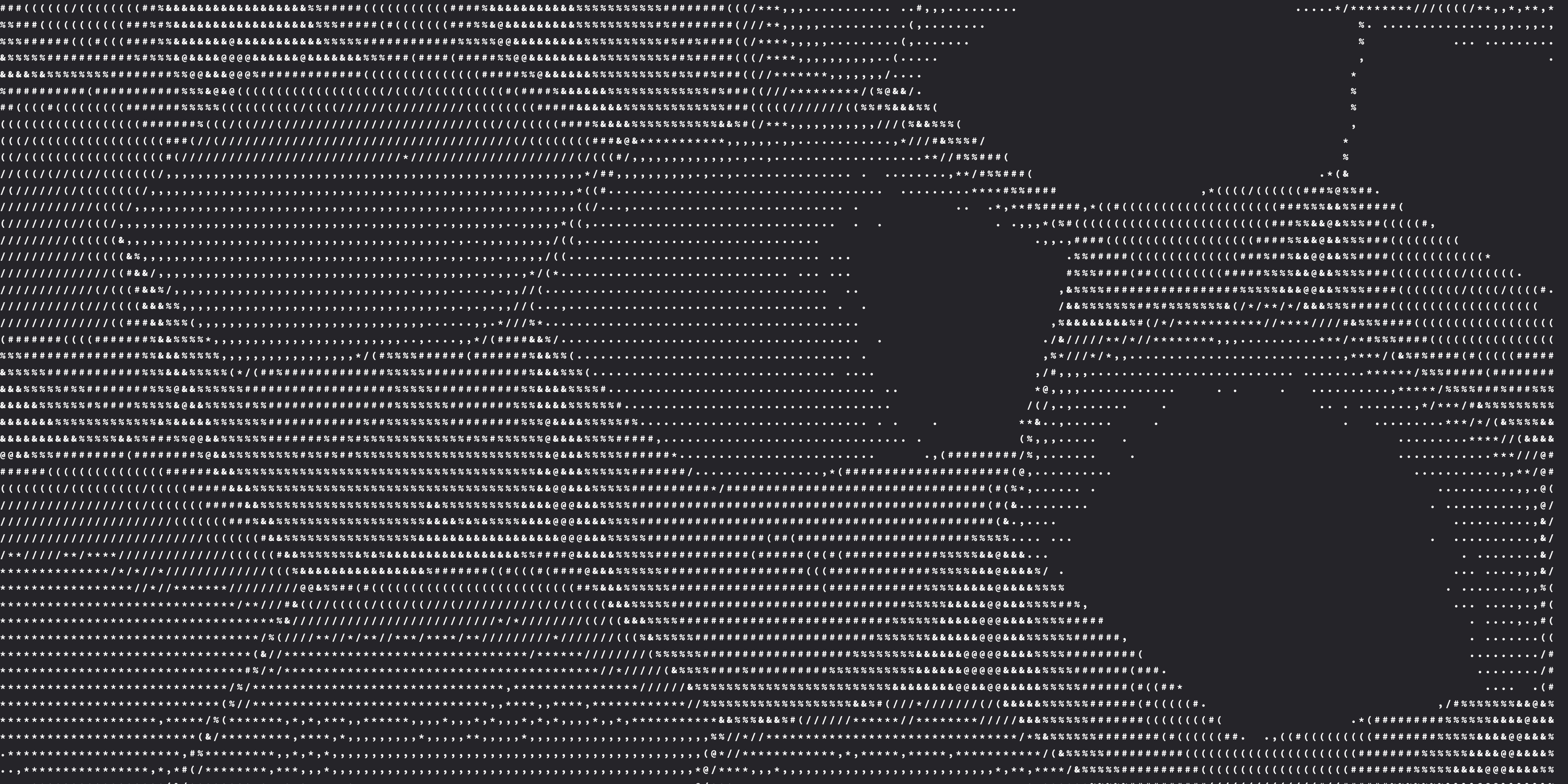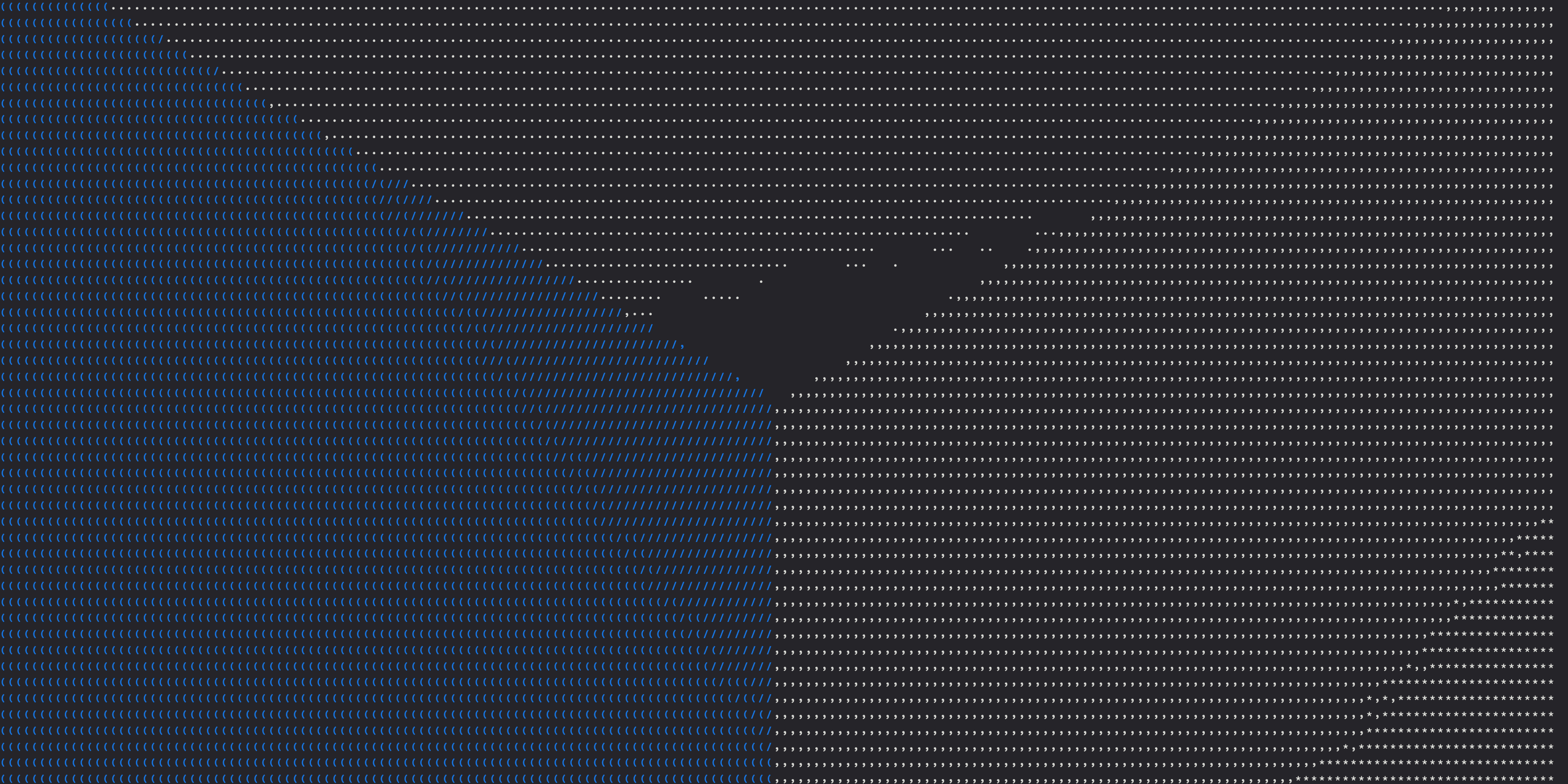In this memorable scene from “A Beautiful Mind” the 2001 film depicting the life of mathematician John Nash, he and three fellow students are in a bar when a stunning blonde walks in. The ensuing conversation about who’s going to win her affections results in a no-less-stunning revelation by Nash - one that later leads him to win the Nobel Prize.
According to Nash, when Adam Smith said, “in competition, individual ambition serves the common good," he only got it partially right. In reality, claims Nash, if everyone were to look out only for himself, ultimately no one would win - neither the individual nor the group they belong to.
And while Hollywood specializes in taking complex scenarios and boiling them down into cinematic sound bites and shareable memes, this particular Hollywood moment was a message in a bottle.
Every Man For Himself
For hundreds of years, we somehow retained the illusion that we are working inside a system that encourages some form of collaboration and a healthy interest in society’s welfare. We held the belief that those who created value would be rewarded by profits and that, conversely, those who created profits were undoubtedly creating value.
In 2008, we had an initial awakening, as slowly it was revealed to us how the entire system - from large investment banks focusing on speculative high risk activities, to the government that ultimately bailed them out - had been assembled around the idea of self optimization. This is also known as ‘doing what’s best for me and screw anyone else.’ We saw some seriously bad behavior being rewarded, and understood, finally, that the current system truly encourages the creation of profits without value. Moreover, as meetings and conversations from inside the higher floors of investment banks were leaked, we clearly saw that things had moved well beyond expressing individual ambition to deliberately doing harm as a way of seeking personal advancement.
With this understanding, came the realization that change would not happen on its own. Someone was going to have to make a move in a new direction.
John Nash proposed that success of the individual is utterly intertwined with that of the community. He rejected the ‘every man for himself’ paradigm and encouraged the adoption of one involving teamwork and joint strategy.
Today, over a decade after the 2008 crisis, we see that Nash’s vision is slowly materializing, as more individuals and communities seek a mechanism or infrastructure that can support collaborative projects.
And yet, we are not yet there, particularly in regards to blockchain and digital coin offerings, which have clearly not lived up to their promise. Today, according to BTC Manager, 87% of all Bitcoin ever mined is owned by .05% of total wallets - hardly the utopian image of a new financial system that would replace rampant speculation and corruption with collaboration and fairness.
So is it a case of ‘meet the new economy, same as the old economy?’ Is cryptocurrency on its way to becoming a get-rich-fast game played by the few, while upholding none of the values we had hoped to achieve?
We say no.
Spacemesh
Spacemesh was born out of the powerful vision of a fairer economical platform. Its aim is twofold: One, to exist as a space inside which value creators can join forces to build a new economy based on principles of fair collaboration. Two, to create the world’s most highly distributed cryptocurrency, with the majority of coins distributed first to network contributors via protocol specified minting, and then by those contributors to end users.
The principle of fairness stems from the notion of merit-based achievement and equal opportunity that would permit anyone to make a meaningful contribution to a community. Such fairness would allow society (or a blockchain community) to reach its full economic potential by both enabling and motivating widespread engagement.
Such an economy sits upon the following tripod:
Three Rules of Blockchain Fairness
- Anyone Can Play - Ensure the lowest possible barrier of entry.
- Maximum Incentive Compatibility (IC) - Ensure each member’s profit margin.
- #BUIDLs Over Speculators - Encourage, as much as possible, spending and building vs. hoarding.
To open each of these rules a bit further:
Anyone Can Play
In order to promote inclusiveness and create the lowest possible entry barrier, Spacemesh has introduced a novel idea: the domain will utilize an already distributed resource that incurs sunk costs. This makes it highly profitable for home users, but less so for pro-miners buying or renting space at scale. That resource, quite simply, is free disk space on our stakeholders’ computers, which will power the community. This is a more democratic resource than computational power, in that one megabyte is equal in cost and performance to any other. The limited economy of scale and limited performance improvement from increased spending eliminate any advantage to deep pockets and lower barriers to entry for everyone, whether early adopters or latecomers; enterprises or home users on PCs.
Maximum Incentive Compatibility (IC)
Strong security is one of our core values, and to ensure that security we will need a highly distributed and engaged network user-base. Our aim is to design protocols that ensure a high degree of security - starting with publishing rigorous security and incentive compatibility proofs to all of our protocols before launching the currency. Honest validators working from home must be assured that playing the game fairly will reap the highest rewards, and that their outcomes will never be jeopardized by those looking to break the rules.
Spacemesh’s more technical documents further open this issue, explaining how this high degree of IC is achieved by using a protocol based on a mesh topology. As opposed to simpler chain topology, the race-freeness of the mesh guarantees that honest miners will obtain a fair share of the rewards, regardless of other miners’ actions. Furthermore, the blockmesh enables far more frequent rewards than a blockchain, thwarting centralization pressures as validators don’t need to rely on centralized pools.
#BUIDLs Over Speculators
The Spacemesh platform is easy and compelling to use - for both the builders of tokenized apps and for their end users. We will be investing in a very robust dev sdks to encourage dapps to run on our platform and we plan to ensure that it will sustainably meet the demands of all participants. This includes both scaling and delivering the throughput needed for tokenized app developers, and providing functionality that promotes unity and disincentivize forking, which can usually be avoided using fair governance mechanisms.
Truly serving the Common Good
To sum it all up, at Spacemesh, we are committed to innovate, to engage a distributed user base with effective incentives, to provide a provably secure network, to design protocols that scale, to build governance that is inclusive, tolerant and uniting, and above all to promote a fair community for all.
Spacemesh. A space and time where change can happen.
click here to register for our upcoming testnet
Join our newsletter to stay up to date on features and releases



